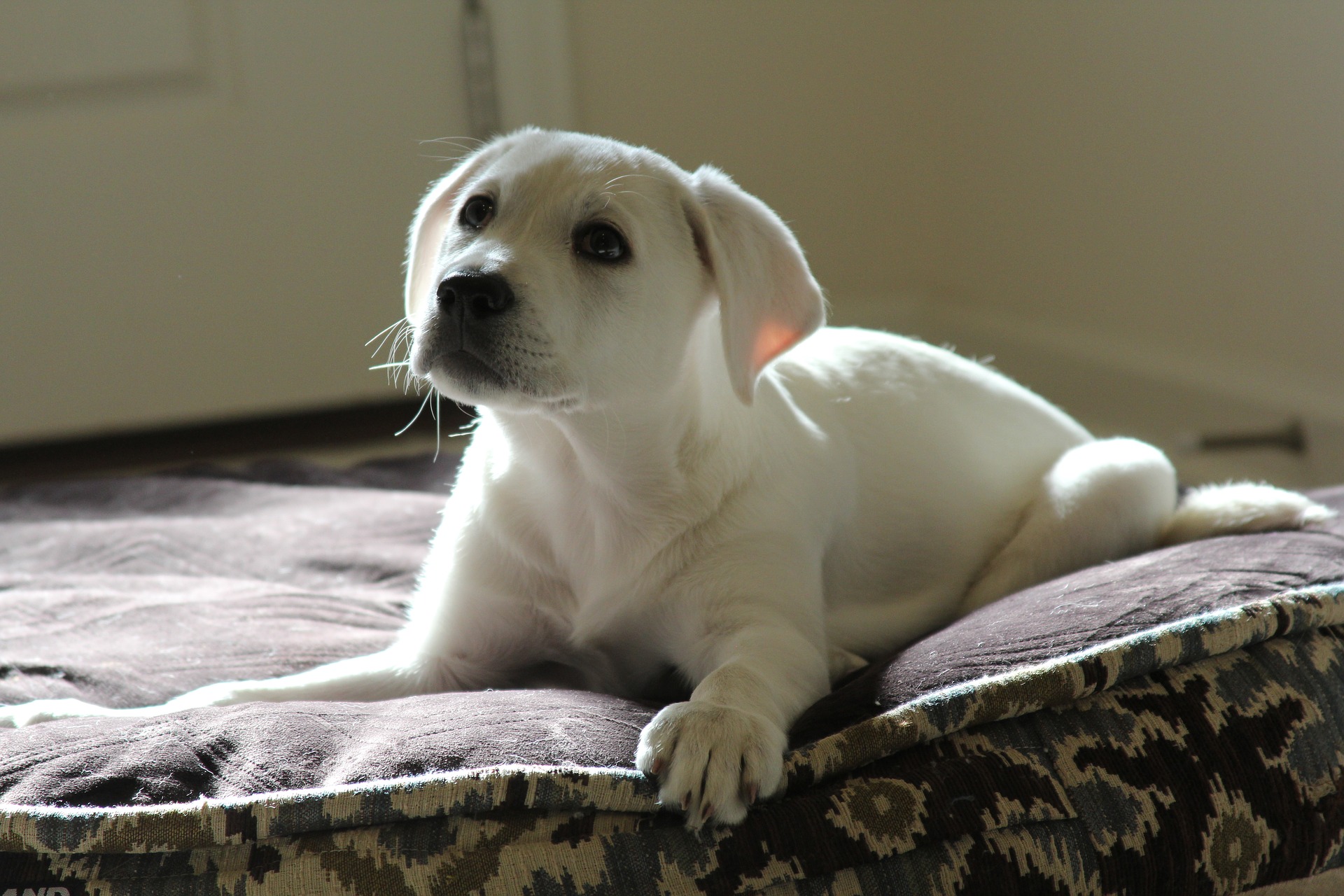Updated January 27th, 2018
Bringing home a new puppy is exciting. Those first few days are full of fun as you and your puppy adjust to your new schedule and being around one another.
These days are also crucial, however, as you try to establish order in your home. Here are five mistakes to avoid when bringing home an adopted puppy:
1. Not setting boundaries immediately
If you want to let your puppy lay on your furniture and jump into your lap, you should also be prepared for owning a fully-grown dog who wants to do those things. Giving your puppy privileges that are then taken away as he grows up is going to be confusing and frustrating for that dog.
2. Not puppy-proofing your house
Puppies are not so different from babies. They want to explore and they want to put everything in their mouths. Make sure that there is nothing within the reach of the new puppy that could be potentially harmful or dangerous to that puppy. Check for any safety hazards that could hurt a curious animal.
Are kids in the house? Invite them into the puppy proofing game. Down on your hands and knees, pretend to be puppies yourselves.
Don’t knock this technique; it lets you better identify any toys, objects, or even trash your dog could accidentally swallow (or purposely try to eat). If there’s an area of your home that’s impossible to clean up, such as a playroom, keep your dog away by closing the door or installing a baby gate.
Barriers can be good to keep at the top or bottom of the stairs, especially if you have a small or a toy breed dog that could be hurt by a tumble.

3. Not teaching your kids how to handle a puppy
Compared to adults, babies and toddlers are Martians. Toddlers and young kids are particularly daunting because they move quickly and may actually pose a threat to especially small puppies, but don’t yet understand and take direction as well as older children.
While young children may mean no harm, depending on the age of the kids, they may treat your puppy like a stuffed toy by poking eyes, pulling fur, chasing, picking up by one leg. Your youngster may want to kiss or try to hug a puppy and end up bitten when the puppy objects.
Younger kids might not understand that the same sort of play they can do with their older dogs might be harmful to a new puppy. Practice gentle patting, petting, and play.
4. Not introducing your grown dogs to the puppy properly
Dogs have their own social dynamic. And while you do not want your older dog to hurt your new puppy, you shouldn’t scold your older dog if she scolds that new puppy when he’s misbehaving.
5. Not being patient
Your new puppy will be trying to get used to you and your new routine, just as much as you are adjusting to having him around. Getting frustrated with him when he is still learning will only be frightening and confusing for the puppy.
I hope these tips help, so you can keep on enjoying life with your best friend!




